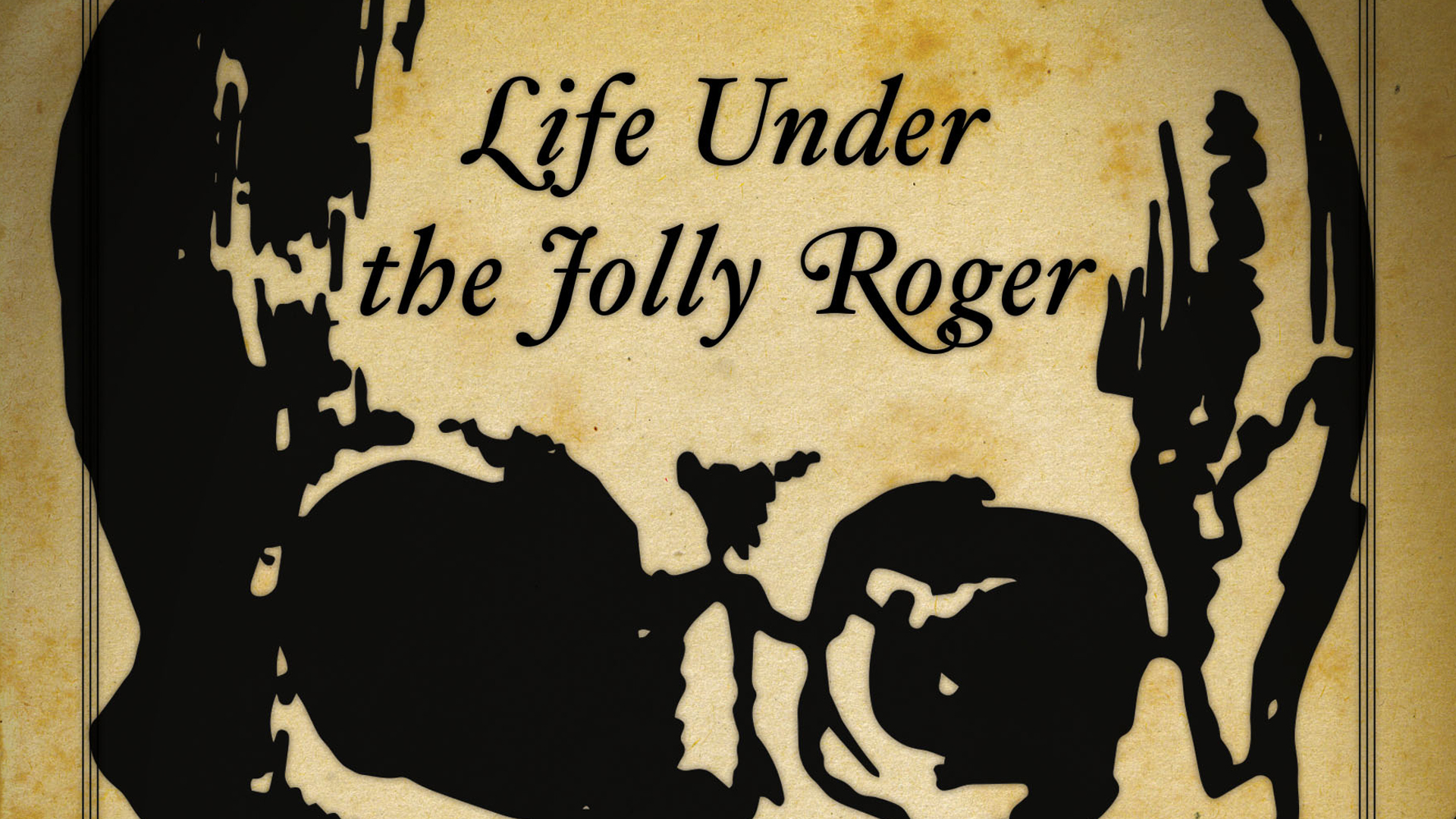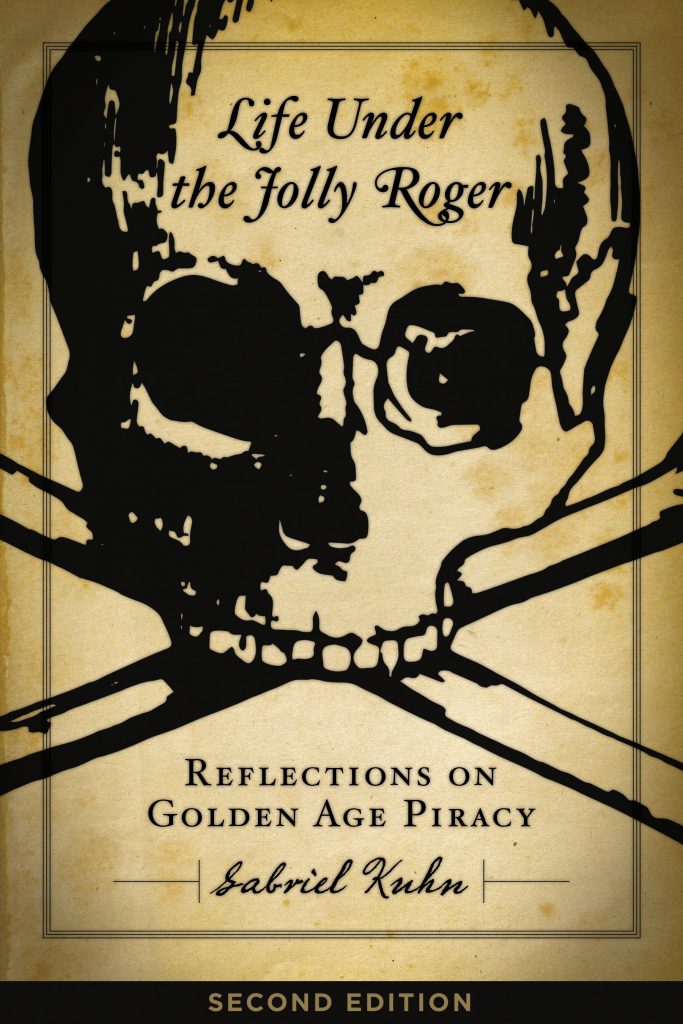By J.M. Hielkema
The Tiger Manifesto
Recommended to me by a friend, Life Under the Jolly Roger proved to be a diverting and informative read that had much more heft than I initially assumed. Though the subject has been both vulgarized and sanitized by innumerable Hollywood adaptations, Golden Age piracy remains a fascinating period in history. Life Under the Jolly Roger is a relatively short but sophisticated and nuanced take on pirate history and myth.
Gabriel Kuhn, an anarchist from Sweden, draws on a range of theorists and historical accounts of piracy, notably Deleuze, Hobsbawm, and, surprisingly (at least to me) practitioners of guerrilla warfare from Che to Mao. The central political question of the book is how present-day radicals should relate to the pirates and their example. That’s particularly important because there is a lot of romanticization of pirates on and off the silver screen, particularly by radicals who see them as consummate egalitarians, precursors of modern anarchists and guerillas.
Kuhn, to his credit, dispels much of the glossy shine of the pirate legend. While it’s undeniable that pirates shared certain traits in common with nomadic societies and spontaneously developed certain democratic institutions––elective captains, more equitable sharing of plunder, etc.––they also frequently employed black and indigenous slaves and practiced cruel violence. Violently hyper-masculine and often brutally violent towards women, the pirates were never feminist paladins either. Kuhn weaves these details into an argument against radical fetishization of the pirates, bereft of criticism or proper historical analysis. Despite not being a Marxist, his approach fits quite comfortably in the historical materialist category, analyzing the pirates in the context of burgeoning European capitalism and imperialism, how they fit within that larger totality.
One of the author’s best insights is that the pirates, though lacking any conscious political motives, functioned objectively as an anti-state war machine, carving out their own lines of flight over a then-unbounded ocean. With numerous networked ports of call and even small pirate settlements like those in Madagascar or Tortuga, the pirates could ply the seas with relative impunity until the first half of the 18th century.
This fact is at the core of Kuhn’s argument for a critical appropriation of the pirate legacy, one that sees them as “social bandits” (after Hobsbawm) who functioned in opposition to and rebellion against capitalism even though unguided by revolutionary aims. In fact, Kuhn argues that the dismemberment of Spanish oceanic hegemony in the Atlantic––a revolutionary result, in his argument––was in large part thanks to pirate and privateer activities. Moreover, he makes an effective comparison between the Golden Age pirates and their military tactics and those of guerrilla armies, without claiming that pirates were some kind of liberation army.
I would disagree slightly with Kuhn’s claims that pirates constituted some kind of objectively revolutionary force, particularly because their armed actions lacked explicit political content.
However, I take his point that their rebellion and their egalitarian authority structures, not to mention their lackadaisical attitudes toward work, merit serious consideration. They’re certainly an inspirational bunch despite and partly because of their violent and unsavoury aspects. After all, a revolutionary has no business being respectable when it comes down to it. Not to say that I want to outfit myself in a pirate hat and shirt (not for political reasons, anyway), but with Kuhn’s help I have a much better idea of who the pirates really were, and hope to read more about them someday. If you’re someone whose knowledge of pirates stops with Errol Flynn and Jack Sparrow but you want to learn more, Life Under the Jolly Roger will be just the grog you’re thirsting for.







